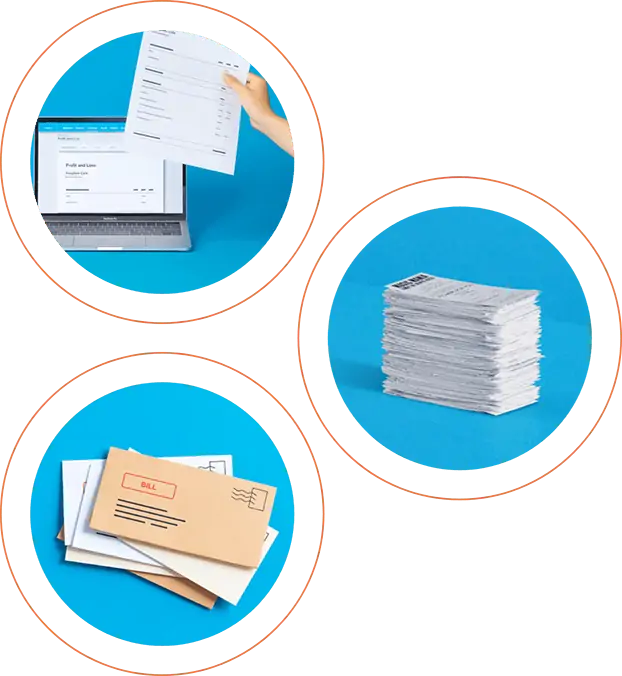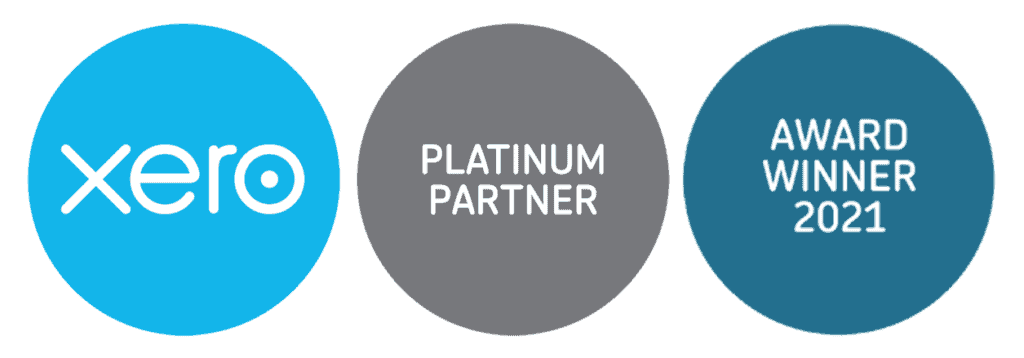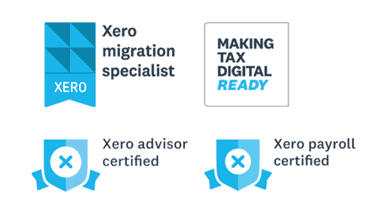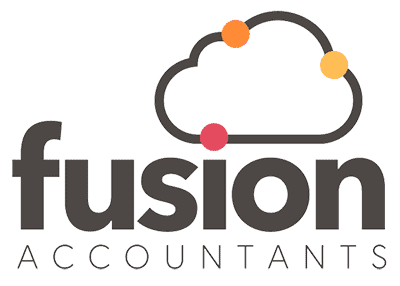Beginners guide to Xero Bookkeeping for small businesses
Reading Time:
Why is bookkeeping important?
To run any business smoothly, bookkeeping plays a really essential and invaluable role, as it keeps an accurate track of what your business spends and payments going out, your cash flow and preparing for year-end tax returns – all of which help keep the finances of your enterprise running efficiently.
To make sure your small business continues to be successful, you need to balance your books regularly, otherwise, you might struggle to keep on top of stock, suppliers and even your taxes.
At the end of your financial year, your bookkeeping efforts should result in a ‘trial balance’ which you will hand over to your accountant.
In the last 5 years or so, and with the emergence of online accounting, Bookkeepers have turned to use software, rather than the traditional method of keeping physical books.

What is Xero software?
Xero is one of the leading bookkeeping software on the market and is very much targeted toward small businesses. With its cloud software and the mobile app, it has made it incredibly convenient to automate bills, transactions, and reconciliations – anytime, anywhere.
This, combined with Xero’s integration with over 800 third party apps makes it incredibly appealing to SMEs everywhere!
Xero has an API tool that allows it to talk to other software. The API has provided Xero with a quick and smart way to integrate with other applications. For instance, with free API access, you can build an integration between your billing system and Xero.
Great things about Xero – at a glance
- Access from anywhere, anytime
Xero allows users to access its features anywhere in the world from any device as long as they have an internet connection and a subscription to Xero’s software. As it is cloud-based, Xero regularly updates all data and information.
- Easy transactions
Xero enables users to make any edits to the purchase files in seconds. It also provides users with standard templates or the opportunity to brand or customise their own. Just fill in all the relevant fields, and you will be good to go.
- Automated daily bank feeds
Users can easily sync up their bank accounts with the software which creates automated bank feed updates, which update frequently. You can also access daily summaries to view all sales invoices.
- An overview of your business’s current financial health
Includes a summary of completed tasks and financial reports (income statements, balance sheets). Financial items such as sales per item, expenses per contact, aged payables, etc., can also be filtered. In addition, Xero allows you to filter imperative transactions to create invoices for different clients.
- Collaboration made easy
Collaboration is now really easy with Xero giving us the ability to automate your tasks and access your records at any time. Request documents and make the day-to-day processes of working together much easier.
- Fraud protection
The software has multiple approval stages to minimise fraud. It offers a detailed list of all performed actions that provide all the details related to a transaction. For example, as your business grows, it can delegate the approval of purchases to project managers or team leaders. With regards to sales, it enables users to classify invoices as delayed, awaiting payment, awaiting approval, or drafted and control purchase orders.
Main Xero bookkeeping duties
If you are going to act as a bookkeeper for a small business, you may also be responsible for issuing invoices, chasing payments, managing billing dates and overseeing staff payroll. The two main tasks doing small business bookkeeping are recording and reconciliation, which we have outlined briefly below:
- Recording each transaction
Record your sales: Traditionally done by writing them into a cashbook or adding the figures to a spreadsheet. However, small business owners are most likely to download sales data directly into their books from their point-of-sale or invoicing software.
Record your transactions: Make a note of every business-related purchase you make, whether in a book or your spreadsheet. However, you may be automating these tasks so all the debits from your business bank account stream straight into your bookkeeping software.
- Reconciling every transaction
Check your business books against your bank statements to ensure all transactions and balances match. Consider any fees, deposits, or payments that your bank has not yet processed. Depending on the volume of transactions, you can do it daily, weekly, monthly, etc. The more frequently you do it, the better.
Other bookkeeping tasks you can do in Xero
Topline tasks bookkeepers can do in Xero to keep your business running smoothly:
- Daily transactions tracking. Recording daily bank transactions using Xero. Automated bank feeds will flow seamlessly into the cloud software so you can keep an eye on those all-important financial items and cash flow.
- Handling the accounts payable ledger managing supplier invoices, expenses, and petty cash. Set a spending limit on how much you can pay customers?
- Cash flow. Watch over the balance between revenues to expenses. Should the balance tip unfavourably, you can act or offer advice if the business needs a cash injection.
- Issuing invoices and managing incoming payments via the account’s ledger.
- Preparing the books. Make sure they are up to date should the accountant ever need them, so they have valuable financial information to make business recommendations and/or complete company tax returns.
Conclusion
Bookkeeping involves recording and classifying all your business financial transactions. In addition, it’s keeping track of what your business spends and what it receives. You can see at a glance how the business is performing regularly updated with the most current data. Get into good bookkeeping habits early on in running your business and start recording everything using Xero.
While the software is well-organised, you will have to invest some time familiarizing yourself with its software. It takes quite a while to explore all the features it offers, but once you hit the ground running, Xero is relatively easy to use.
Fusion Accountants is a Xero Platinum Partner and recent winner of the mid-sized firm of the year. Find out more about we help businesses using Xero Accounting software, or if you prefer, we can step in and manage your bookkeeping for you.
Our professional and highly skilled bookkeepers ensure that accurate and detailed records are maintained for all your day-to-day transactions. In addition, we work tirelessly to offer our clients the most flexible accountancy and bookkeeping services which can be done in-house, meaning we can come to you and perform all the related tasks at your premises.








